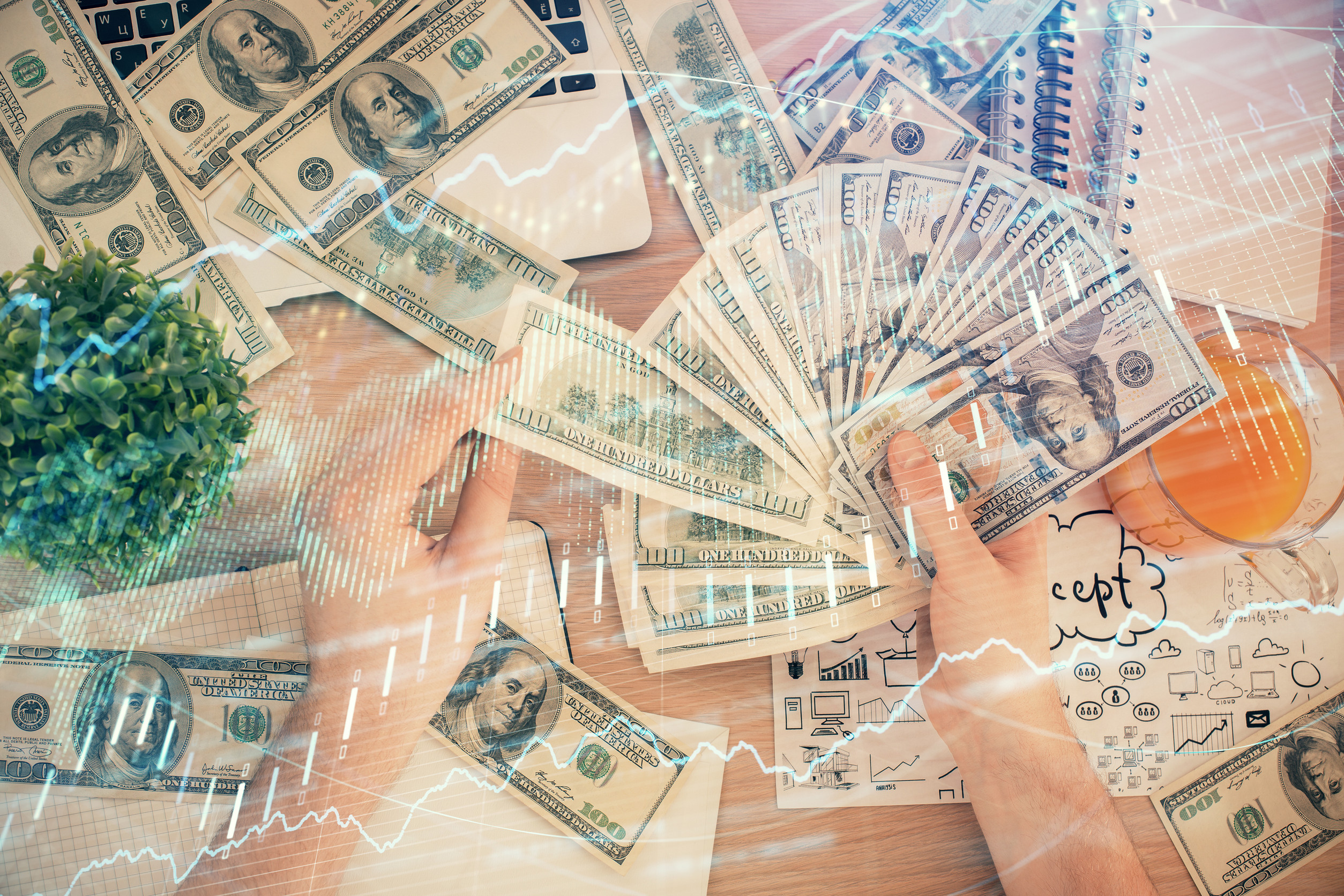
Greed is like the engine humming quietly under the hood of every major financial scandal. It rarely shows its face outright, but you can feel its fingerprints all over the sharp twists in stock prices, shady trading floors, and panicked late-night boardroom meetings.
The market might appear to be a disciplined arena of numbers and strategy, but behind the curtain lies something far more primal. The hunger to make more, faster, and with less effort is what drives otherwise intelligent players to bend rules, distort truths, and rig outcomes. And the most unsettling part? Greed works best when it hides in plain sight.
The Subtle Allure of “More”
Greed doesn’t begin with a mustache-twirling villain—it often starts small. A trader takes one risk, wins big, and suddenly the taste of “more” lingers on their tongue. It escalates because the market itself rewards short-term victories with applause, bonuses, and prestige. That rush of quick gains makes long-term stability seem dull and unexciting. Slowly, greed shifts from a whisper in the background to the dominant voice shaping decisions.
When Greed Meets Opportunity
Financial markets are playgrounds full of loopholes for anyone bold enough to exploit them. A system built on trust and complex instruments provides plenty of shadows to hide in. Greed is what motivates someone to see those shadows not as gaps, but as opportunities. Insider tips, manipulated reports, or coordinated trades suddenly look like brilliant moves instead of ethical breaches. Opportunity fuels the flame, but greed strikes the match.
The Power of Influence
Greed doesn’t just live inside individuals—it spreads like a contagious mindset. When powerful figures show a willingness to bend markets, others take notes. Investors, analysts, and brokers quickly learn that cutting corners can become a badge of success if it pays off. A culture of manipulation forms, reinforced by the silence of those who benefit. The ripple effect becomes a wave, and soon entire institutions normalize behavior once considered toxic.
The Psychology of Rationalization
Here’s the tricky part: very few manipulators actually think they’re villains. Greed comes wrapped in rationalizations that make bending the rules feel justified. “Everyone else is doing it,” or “It’s just part of the game” become shields against guilt. The brain rebrands greed as ambition, cleverness, or simply good business sense. This mental gymnastics is what keeps manipulation alive longer than it should.
Market Chaos as a Mask
Financial manipulation thrives in chaos, and greed knows this. Crashes, sudden volatility, or global crises create the perfect cover for shady tactics. In the noise of panic, deceptive trades and hidden deals are harder to spot. Greed seizes the moment, using confusion as camouflage. What looks like random turbulence is sometimes the product of carefully orchestrated moves.

Greed’s Role in Market Bubbles
Market bubbles aren’t just accidents—they’re monuments to unchecked greed. Each new surge of excitement convinces people that prices can only go higher. Greed feeds the frenzy, pushing investors to ignore warning signs in pursuit of quick fortune. By the time the bubble bursts, manipulation has often amplified the climb and guaranteed the fall. The wreckage is shared by many, but the quiet winners are the ones who knew when to cash out.
Technology and the Turbocharge Effect
Algorithms, high-frequency trading, and digital platforms have given greed a faster set of tools. Manipulative tactics that once took weeks can now unfold in seconds. Greed thrives on this speed, using technology to stay ahead of regulators and rivals. Flash crashes and suspicious trades are no longer rare—they’re engineered blips in a hyper-connected market. The machine doesn’t create greed, but it makes it almost unstoppable.
Regulation vs. Human Nature
Governments and watchdogs try to keep greed in check with rules and oversight. But here’s the catch: regulation is always one step behind creativity. For every loophole closed, another emerges from the shadows. Greed doesn’t quit just because a law is passed—it mutates, adapts, and searches for the next weak spot. It’s a game of cat and mouse, but the mouse has a powerful incentive to survive.
The Hidden Costs of Quiet Greed
The public often only sees the surface of market manipulation. Behind the scenes, greed drains trust, distorts competition, and erodes faith in the system. Investors pull back, companies grow cautious, and innovation slows because fairness feels compromised. The quiet role of greed ripples outward, affecting economies far beyond the trading floor. What starts as individual ambition becomes a systemic burden everyone carries.
A Culture Hungry for Heroes
Interestingly, the same greed that sparks manipulation also fuels society’s obsession with financial “geniuses.” Traders who beat the market through questionable tactics often end up glamorized in movies, headlines, and even textbooks. This glamorization blurs the line between innovation and exploitation. Greed hides comfortably when it wears the mask of brilliance. The result is a cycle where manipulation gets rewarded with fame, not punishment.
The Future of Greed in Markets
Greed isn’t going anywhere—it’s part of human wiring. What matters is how markets, regulators, and cultures adapt to its quiet role. Transparency, accountability, and better technology may help shine a light on manipulation, but greed will still look for cracks. The future battle isn’t about eliminating greed, but containing its reach. If ignored, manipulation will always return in new, smarter disguises.
Greed in the Shadows
Greed isn’t the loud, obvious villain of market manipulation—it’s the quiet force steering the wheel from behind the scenes. It shapes decisions, warps culture, and thrives in chaos while staying just out of sight. The challenge is recognizing how deeply it runs and refusing to let its silent pull rewrite the rules of the game. Markets can be engines of progress, but only if greed doesn’t get the last word.
What are your thoughts on greed’s role in shaping markets? Drop a comment and join the conversation.
You May Also Like…
How AI Credit Algorithms Penalize Solo Women in Finance Markets
9 Signs the Housing Market in Your State Is About to Shift
10 Greedy Behaviors That Sparked Financial Fraud Cases
How Greed Shapes Political Donations Behind the Scenes
How Greed Fueled the Collapse of Several Community Organizations
The post The Quiet Role of Greed in Financial Market Manipulation appeared first on Everybody Loves Your Money.







